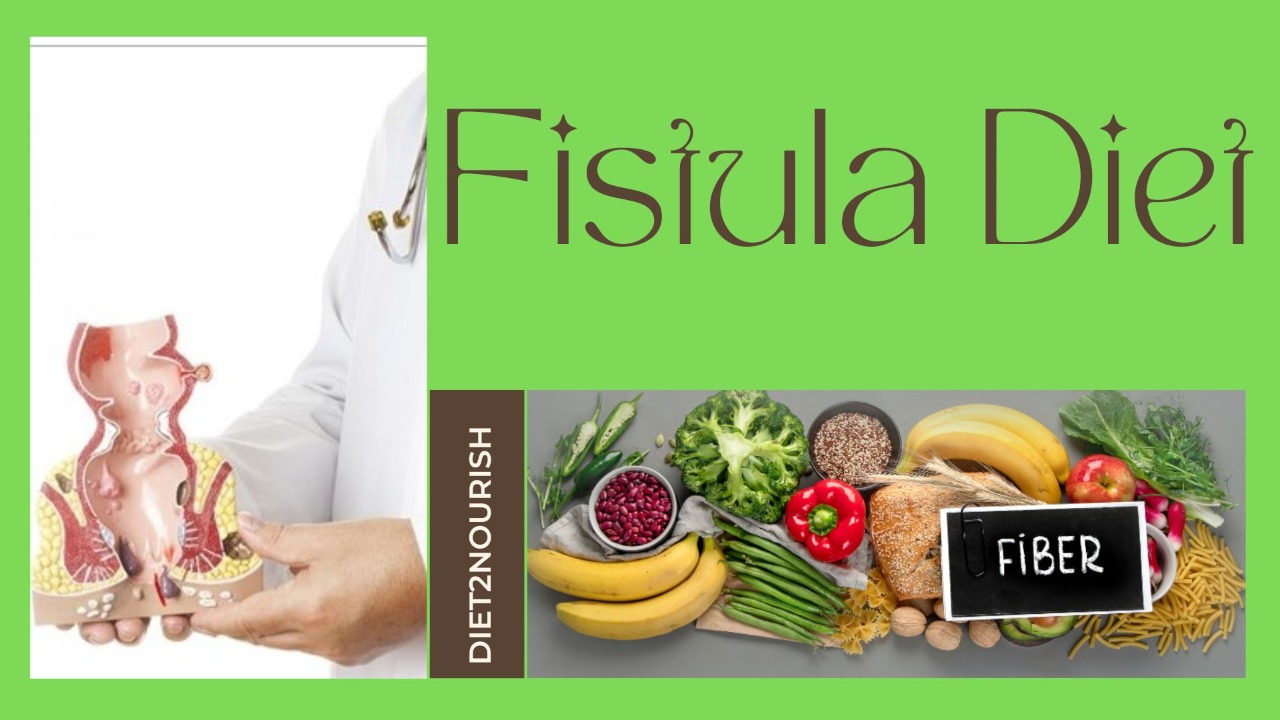Fistula Diet
Nutritious diet is a prominent component for treating any ailment. It is important to follow proper dietary habits to maintain a healthy body. Additionally, giving up alcohol and smoking is critical to accelerate the recovery of various ailments.
Overview
According to the World Health Organization, 50,000–100,000 new fistula cases are reported annually. A fistula is a rare medical condition in which two or more body parts are connected abnormally. The anal fistula is the most common type of fistula. It connects the anal canal to the opening of the skin around the anus. In most cases, an accident or surgery leads to fistulas. It may develop due to infection or irritation as well. Further, there are numerous bodily areas where fistulas might develop. They can appear anywhere, such as between the vagina and the rectum or between the gut and the epidermis.
Symptoms
- Nausea
- Irritation in the external female genital organs
- UTIs that recur frequently
- Abdominal pain
- Vomiting
- Constant urine leakage from the vagina
- Diarrhea
Causes
It is generally known that diverticular and Crohn’s diseases can cause fistulas. Additionally, patients receiving radiation therapy are more vulnerable to developing several fistulas.
Fistula Treatment:
Patients usually consult Colorectal surgeons, Gynecologists, or urogynecologists, for special assistance to cure fistula. Depending on the location, size, and severity of the fistula, the doctor will choose the appropriate course of action for therapy. Surgery may be necessary for highly severe fistula.
Fistula patients should consume a lot of water and incorporate fiber-rich foods into their daily diet. The majority of fistula patients need urgent medical care. Early detection and a nutritious diet can curb fistula. The type of the fistula, its stage, and the body’s metabolism will influence how much, how often, and how strictly one should adhere to the diet. Fistula diet includes a variety of foods such as broken wheat, quinoa, brown rice, ragi, and oatmeal in cereals or other breakfast items.
best food for fistula
Diet is a crucial component in fistula treatment. An appropriate and nutritious diet can treat fistula in its early stages. The size and sincerity of the diet would depend on the type and location of the fistula.
1. Pulses:
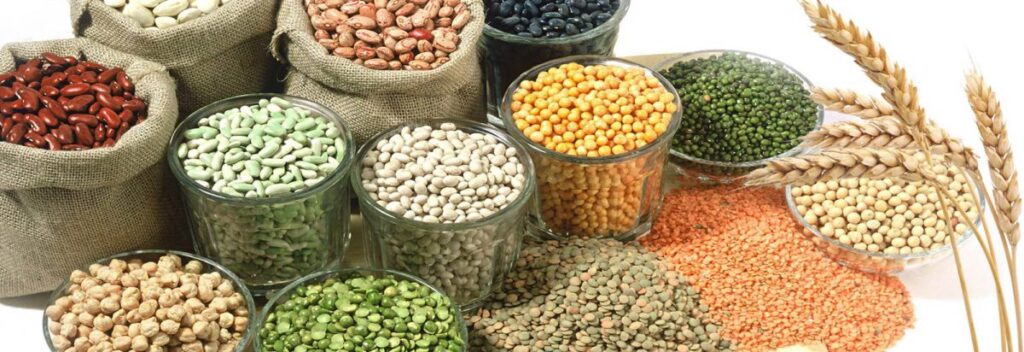
Include moong dal, chickpeas, masoor dal, and soybean in the fistula patient’s diet. Pulses are high in fiber and protein. Hence, it aids in maintaining a healthy digestive system. In addition, the high fiber content keeps you full for a very long time.
2. Coconuts:
Coconuts are fiber-rich and thicken the stool to promote regular bowel movements. On the other hand, coconut meat is rich in medium-chain fatty acids (MCFAs), a form of saturated fat that the body can digest far more quickly than animal fats, protecting the health of the digestive system.
3. Leafy vegetables:
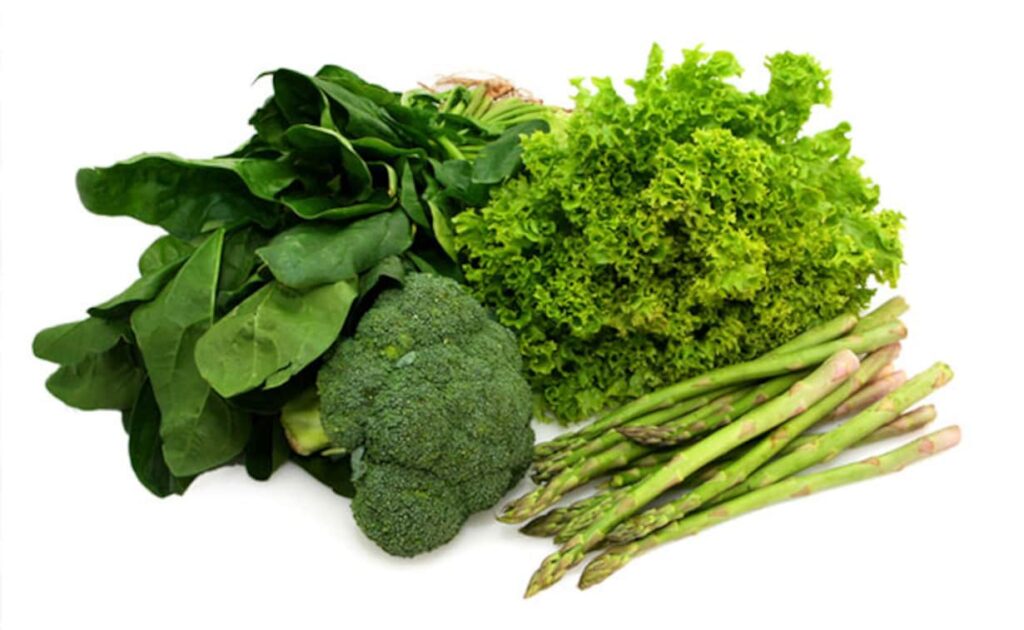
Kale, lettuce, cabbage, spinach, and bok choy can be a great addition to a fistula diet. Leafy veggies are an excellent source of vitamins, minerals, and other essential nutrients. In addition, they aid in easy digestion and elimination, making you feel fuller for a more extended period.
4. Brown rice:
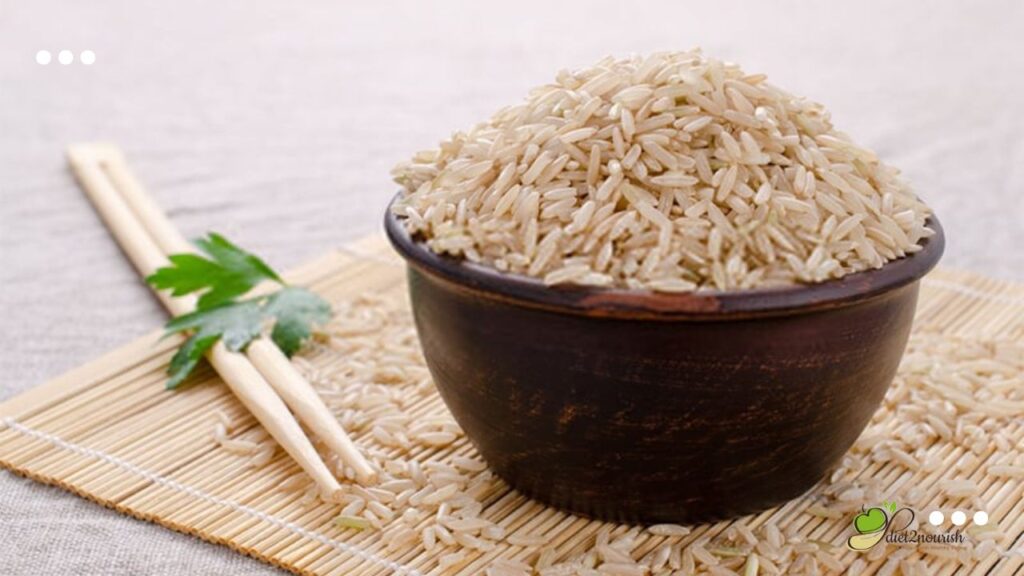
Brown rice has an unpolished outer layer that maintains its high fiber content. As a result, it curbs the chances of constipation. In addition, it promotes a smoother bowel movement, which benefits people suffering from anal fistula.
5. Fish:
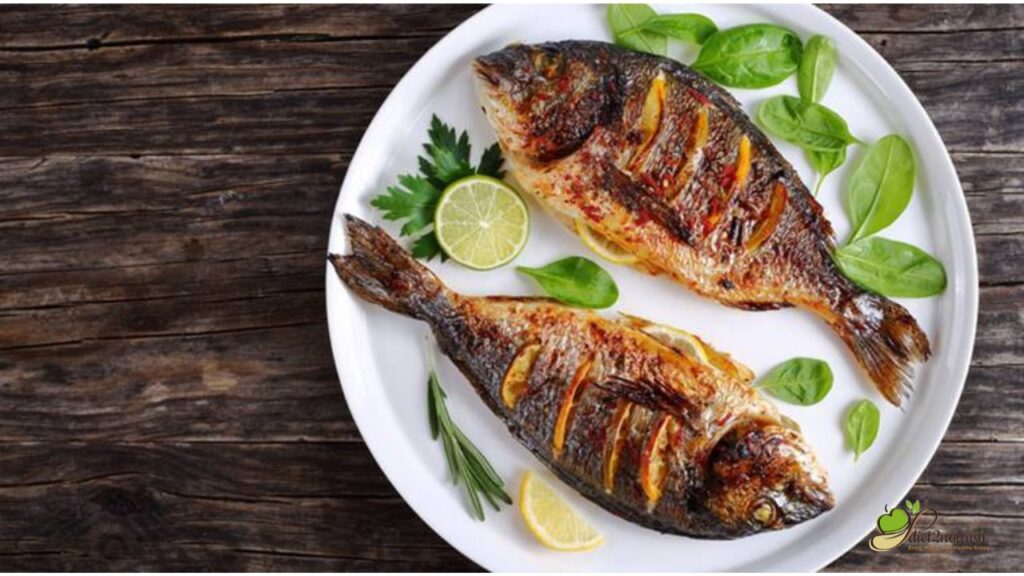
Sea fishes such as salmon, mackerel, and tuna, are good sources of omega-3 fatty acids (EPA and DOHA). Omega-3 fatty acids must be a part of the fistula diet. These fatty acids are essential for maintaining normal intestinal function. For example, they may help to lubricate the gastrointestinal system and keep the regular flow of feces.
6. Cereals:
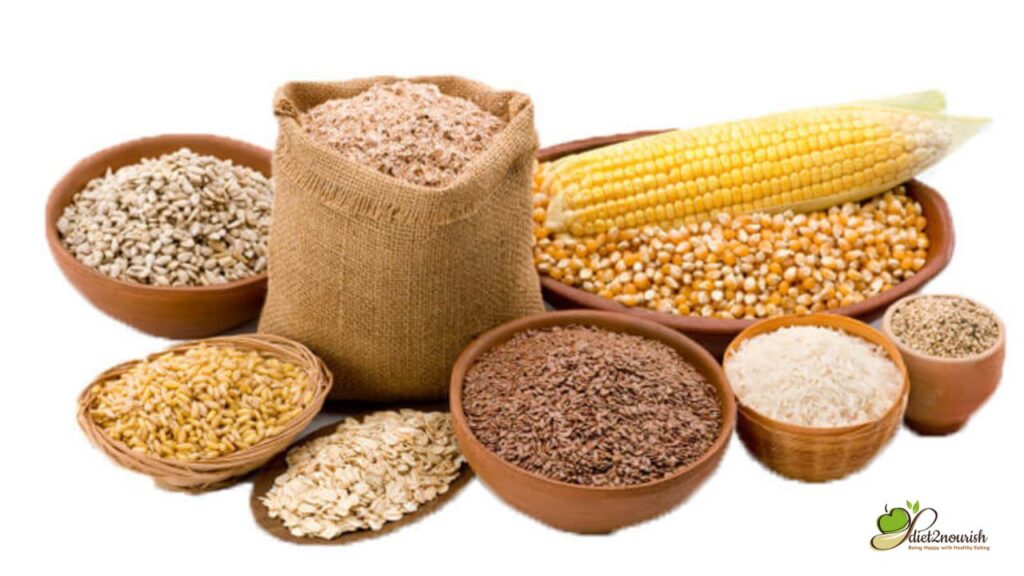
Broken wheat, quinoa, brown rice, ragi, and oatmeal are the main grains in the fistula diet. Cereals contain a lot of fiber. Hence, it helps the body to operate at its optimal. It promotes healthy digestion and eases the passage of stools, lessening strain and discomfort.
7. Fruits:
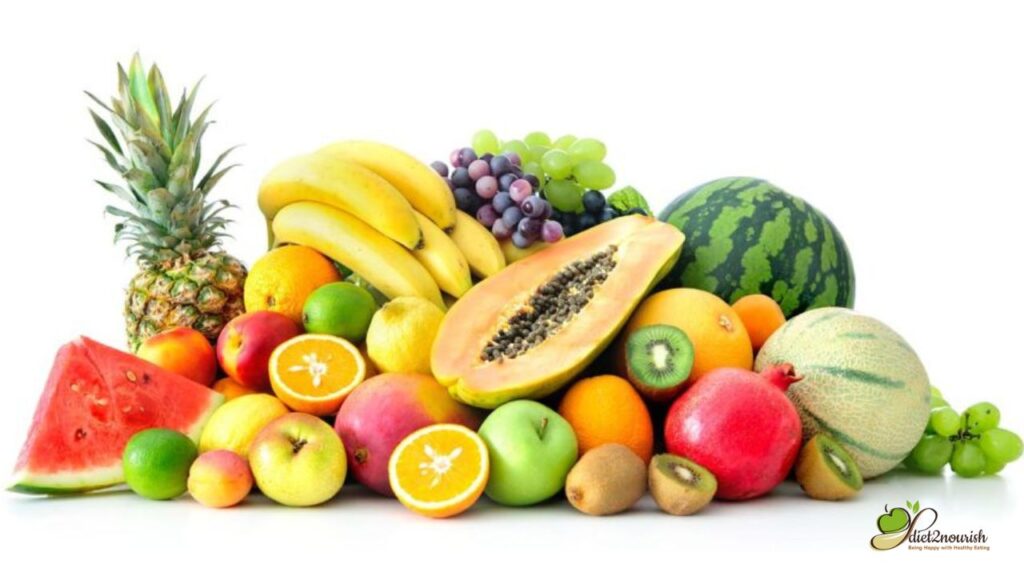
Fruits with a high fiber content include pears, apples, avocados, and bananas. It reduces the likelihood of anal fistula flare-ups, pain, and inflammation. A variety of fruits should be a part of your regular diet.
8. Yogurt and skim milk:
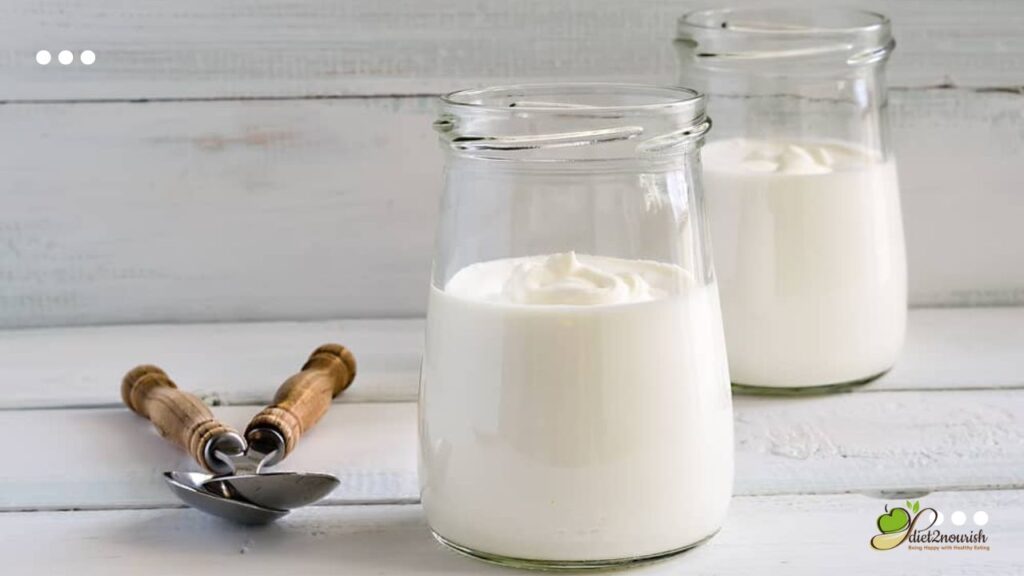
These are healthy dairy options for fistula patients. Yogurt is beneficial because it contains “probiotics,” or good bacteria. It helps to restore a healthy balance of germs in your digestive tract. As a result, it encourages better digestion, resulting in a smoother bowel movement with less discomfort or irritability.
7-Days Diet chart for fistula
Fiber rich diet promotes quick recovery in fistula patients. Follow diet restrictions rigorously to get rid of fistula. Enteral nutrition, parenteral nutrients, electrolytes, and fluids are essential to the fistula diet. The chances of recovery increase, and the risk of malnutrition reduce with enteral nutrients. Parenteral nutrients aid the body in healing and resting while it processes and digests meals. Electrolytes and fluid intake will keep the body hydrated and give it the strength to fight disease.
1. Monday Fistula diet chart
| Timing | Food |
| Breakfast (8:00-8:30)AM | 1/2 cup Oats in 1 glass milk |
| Mid-Meal (11:00-11:30)AM | 6-7 strawberries |
| Lunch (2:00-2:30)PM | 4 roti+100gm fish(tuna/sardine/salmon/mackerel with little olive oil)-grilled/stewed+1/2 cup rajma curry |
| Evening (4:00-4:30)PM | 1/2 cup of boiled bengal gram sprouts with tomato, onion and coriander |
| Dinner (8:00-8:30)PM | 3 multi grain roti (jowar, bajra, wheat)/ 1 cup parboiled rice+1/2 cup ivy gourd sabji+1 glass buttermilk |
2. Tuesday Fistula diet chart
| Timing | Food |
| Breakfast (8:00-8:30)AM | 3 dosa (ragi + wheat) +1/2 cup sambhar+1tsp methi chutney+1 glass milk/ 1 cup tea |
| Mid-Meal (11:00-11:30)AM | 20 no. green grapes |
| Lunch (2:00-2:30)PM | 1 cup brown rice+2 jowar roti+1/2 cup tomato dal+1/2 cup cluster beans curry+1 glass buttermilk |
| Evening (4:00-4:30)PM | 1 small fist of peanuts,raisins,almonds,walnuts+1 cup green tea |
| Dinner (8:00-8:30)PM | 3 roti/ 1 cup parboiled rice+1/2 cup bhindi sabji+1 glass buttermilk |
3. Wednesday Fistula diet chart
| Timing | Food |
| Breakfast (8:00-8:30)AM | Toasted whole wheat bread(3-4 slices) with butter+1 glass milk/1 cup tea |
| Mid-Meal (11:00-11:30)AM | 1 banana |
| Lunch (2:00-2:30)PM | 4 bajra roti+1/2 cup lauki dal+1/2 cup green peas and capsicum sabji+1 glass buttermilk |
| Evening (4:00-4:30)PM | 1/2 cup of stewed tuna and leek salad+1 cup green tea |
| Dinner (8:00-8:30)PM | 3 multigrain roti (bajra, oats, ragi)/ 1 cup parboiled rice+1/2 cup snake gourd sabji+1 glass buttermilk |
4. Thursday Fistula diet chart
| Timing | Food |
| Breakfast (8:00-8:30)AM | 1.5 cup parboiled lemon rice+2 tsp tomato chutney+1 glass milk/1 cup tea |
| Mid-Meal (11:00-11:30)AM | 100 gm chopped muskmelon |
| Lunch (2:00-2:30)PM | 1 cup brown rice+2 bajra roti+1/2 cup methi dal+1/2 cup french beans sabji+1 glass buttermilk |
| Evening (4:00-4:30)PM | 1/2 cup of beetroot, carrot and broccoli salad with 1 tsp olive oil |
| Dinner (8:00-8:30)PM | 3 roti/ 1 cup parboiled rice+1/2 cup bittergourd sabji+1 glass buttermilk |
5. Friday Fistula diet chart
| Timing | Food |
| Breakfast (8:00-8:30)AM | 2 paratha(aloo/gobhi/methi) with 2 tsp green chutney+1 glass milk/ 1 cup tea |
| Mid-Meal (11:00-11:30)AM | 1 apple |
| Lunch (2:00-2:30)PM | 1 cup white rice+2 roti+100gm fish(tuna/sardine/salmon/mackerel) curry+1/2 cup soya chunk and aloo sabji |
| Evening (4:00-4:30)PM | 1/2 cup of boiled green gram sprouts with tomato, onion and corriander |
| Dinner (8:00-8:30)PM | 3 multi grain roti (corn flour, wheat, oats)/ 1 cup parboiled rice+1/2 cup lauki sabji+1 glass buttermilk |
6. Saturday Fistula diet chart
| Timing | Food |
| Breakfast (8:00-8:30)AM | 1 cup dalia upma with vegetables (carrot, tomato, green peas, onion, potato)+1 glass milk/ 1 cup tea |
| Mid-Meal (11:00-11:30)AM | 1 wedge of water melon |
| Lunch (2:00-2:30)PM | 4 roti+1/2 cup palak dal+1/2 cup bitter gourd sabji+1 glass buttermilk |
| Evening (4:00-4:30)PM | 1/2 cup of spring onion, carrot and celery salad |
| Dinner (8:00-8:30)PM | 3 roti/ 1 cup parboiled rice+1/2 cup cauliflower sabji+1 glass buttermilk |
7. Sunday Fistula diet chart
| Timing | Food |
| Breakfast (8:00-8:30)AM | 4 Idly+ 1/2 cup sambhar+1 tsp coconut chutney+1 glass milk/ 1 cup tea |
| Mid-Meal (11:00-11:30)AM | 1/2 cup pomegranate seeds |
| Lunch (2:00-2:30)PM | 1 cup brown rice+2 roti+1/2 cup cabbage dal+1/2 cup capsicum sabji+1 glass buttermilk |
| Evening (4:00-4:30)PM | 1/2 cup boiled broccoli and cauliflower salad with pepper powder and 1 tsp olive oil |
| Dinner (8:00-8:30)PM | 3 roti/ 1 cup parboiled rice+1/2 cup ridge gourd sabji+1 glass buttermilk |
Foods to avoid in Fistula
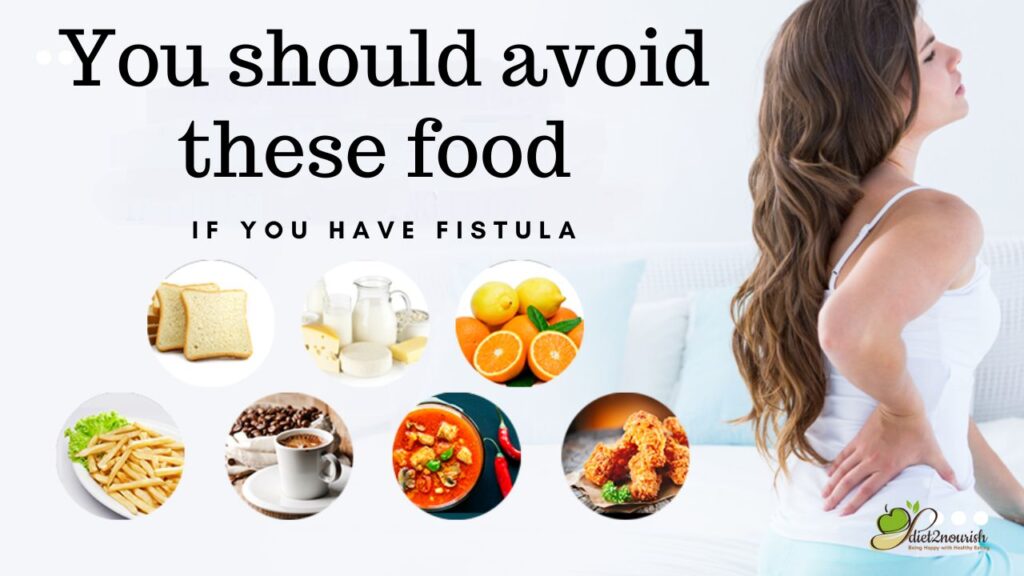
A digestive disorder like a fistula can cause symptoms like indigestion, constipation, bloating, diarrhea, or more severe consequences. Therefore, your physician will always advise you to adjust your diet if you have gastrointestinal conditions or diseases like fistula.
People suffering from fistula should strictly avoid the foods that induce the diseases. It’s critical to consume nutrients that hasten the healing of fistulas. Avoiding food that can worsen your condition is even more crucial. Following is a list of food to avoid for fistula patients:
Foods in packages:
It is best to either avoid or consume pre-packaged foods like frozen food and chips in moderation. They hardly have any nutritional value, which is destroyed while freezing.
Liquor:
Stool passage might become more challenging due to dehydration. Liquor has a significant dehydrating effect on the body. Alcohol consumption in excess might be problematic for those suffering from fistulas.
Spicy foods:
Indian cuisine frequently uses hot, difficult-to-digest pastes and curries. Try eating simple, non-spicy homemade meals that can be prepared appropriately. Also, if you have an anal fistula, you shouldn’t eat anything spicy that makes your stomach uncomfortable.
Savory foods:
Constipation can make excretion difficult. Savory food makes you feel bloated. It can irritate your stomach and lead to irritable bowel syndrome.
Dairy products:
Since they are more challenging to digest due to their high-fat content, it may result in stomach problems. Avoid double-fat milk, cheese, and other heavy milk and cream products.
Fast food:
Without a doubt, fast food or junk food has a mouth-watering flavor. Fistula patients should stay away from street food vendors. The food might be delicious, but it may be low in nutritional value. Fast food or junk food contains all-purpose flour or “maida”. It should be limited until fistula symptoms subside.
Fried food:
Avoid fried food if you have an anal fistula. It has a low nutritional value. In addition, it is unhealthy and difficult to digest.
Red meat:
The fact is that red meat is hard to digest. Due to its shallow fiber content, digestion requires much effort from the stomach. Also, it does not add bulk to the stool. Therefore, avoid a surplus of red meat fried in oil and spices.
Caffeinated drinks:
Although strong beverages like black coffee or heavy milk tea are undoubtedly delicious, avoid them while recovering from fistula.
Summary
Most fistulas occur due to abscess, trauma, surgery, or an infection. Pain, fever, and itching are the most prominent symptoms of fistula. Besides surgery and medications such as antibiotics and immunosuppressants, the diet plays a vital role in healing the fistula. In addition, eat your meals on schedule. Stay away from large meals. Drink enough water. You can fight fistula to live a healthy life with timely intervention, surgery, medications, and a nutritional diet.
Frequently Asked Questions (FAQs)
Are there any foods that can help speed up the healing process for a fistula?
Answer:
Certain foods are known for their healing properties. They can help promote tissue repair and reduce inflammation in the body. Some examples of such foods include foods that are high in vitamin C. Such as citrus fruits and leafy greens. For recovery, you can also include foods that are high in zinc, such as oysters and pumpkin seeds.
Can I eat spicy foods if I have a fistula?
Answer:
Spicy foods can aggravate the digestive tract and may worsen symptoms of a fistula. It is generally recommended to avoid spicy foods as they can cause a negative impact. Moreover, other foods that are known to cause irritation, such as acidic or fried foods must also be avoided.
Question 3:
How can my diet affect my fistula symptoms?
Answer:
Eating a healthy, balanced diet can help reduce inflammation due to fistula. Moreover, a nutrient dense diet can promote healing in the body, which can be beneficial for managing symptoms of a fistula. Additionally, eating a diet that is high in fibre can help regulate bowel movements and prevent constipation. Constipation and irregular bowel movements can be a common symptom of a fistula.
Which is the best diet plan for fistula?
Answer:
The best diet plan for fistula includes eating a fiber-rich diet which helps in relieving constipation. Fistula flare-ups may occur if there is any kind of constipation causing excessive straining which may trigger the issues. It is highly recommended to consume millets and oats to relieve fistula symptoms and keep constipation at bay which helps in good recovery.
Can fistula be left untreated?
Answer:
No, fistula should not be left untreated as it may cause more complications which may be uncontrolled at times. This may lead to bleeding, fecal incontinence, infection, and sepsis flare-ups. For this, it is recommended to prepare a healthy diet plan for fistula which will help heal the symptoms with better recovery.
How much liquid intake is considered as best for fistula?
Answer:
Along with a healthy diet plan for fistula, it is recommended to drink lots of water to maintain adequate hydration which will also help cleanse the gut comfortably. A clean toxic-free gut is a must for healthy absorption of nutrients.

